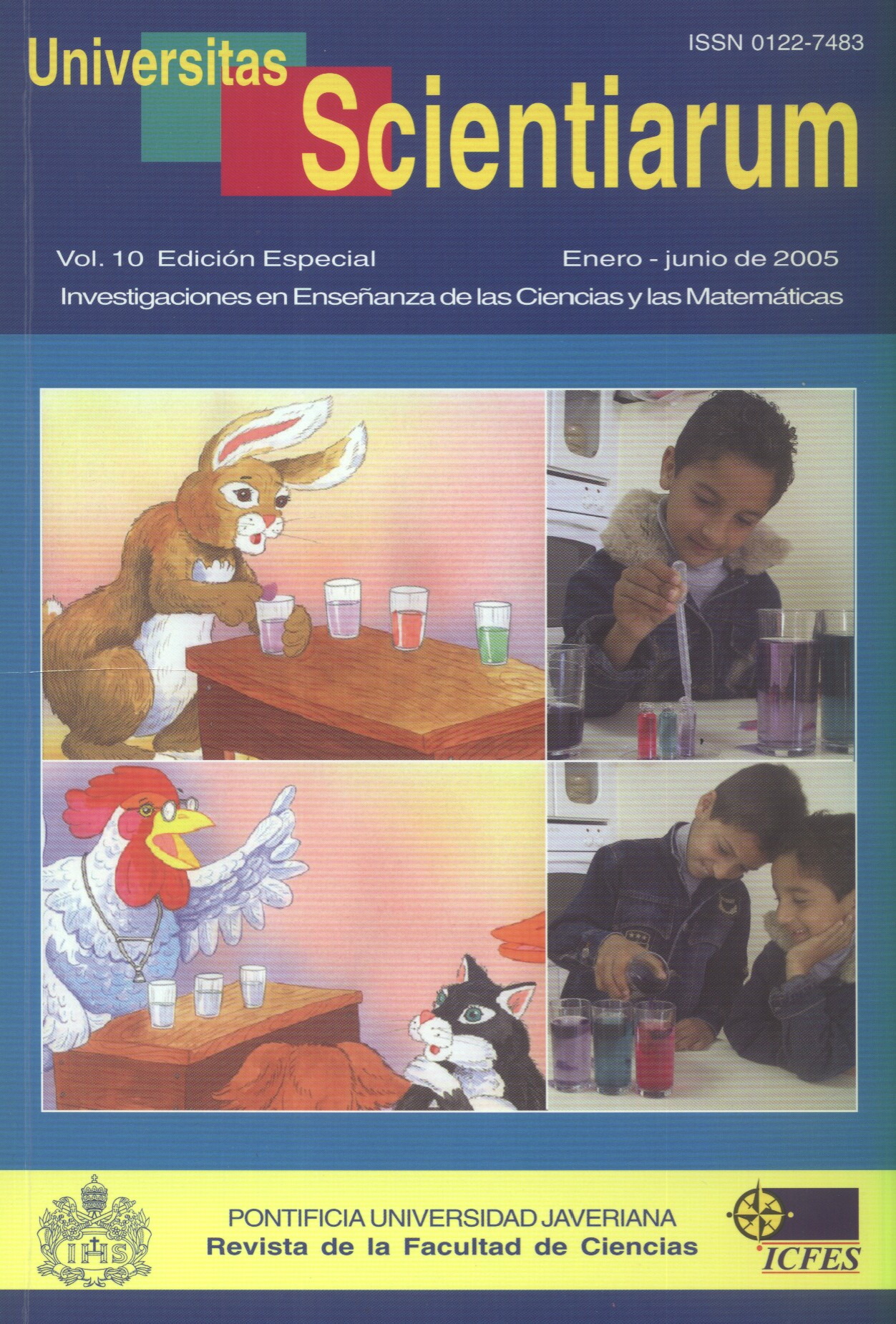Abstract
The authors of textbooks have their own visions of contents and teaching methods, which should lead toa high level of scientific thinking. However, the textbook alone does not guarantee good results because the personal and social relationships between the teacher and students have a major influence on teaching and learning. Therefore, the teacher’s study of the textbook before teaching facilitates the teaching process. This paper suggests one method of textbook analysis. In the analysis, one upper secondary level course of chemistry instruction involved the use of a learning strategy: classification of the central concepts and a classification of activities based on task difficulty. The study also attempted to find out the goodness of fit between the national curriculum and the textbook chemistry course. The national objectives concerned the content of knowledge, social significance, emphasis on experimental chemistry, and inspiring students for further study. The majority of the textbook tasks fall into higher order categories characterized by knowledge structures assuming application of knowledge or making inferences. Good textbook activities also have social significance, and a number of experimental tasks are included. The textbook quality is further enhanced by up-to-date content. All of the above qualities are related to high study motivation.Univ. Sci. is registered under a Creative Commons Attribution 4.0 International Public License. Thus, this work may be reproduced, distributed, and publicly shared in digital format, as long as the names of the authors and Pontificia Universidad Javeriana are acknowledged. Others are allowed to quote, adapt, transform, auto-archive, republish, and create based on this material, for any purpose (even commercial ones), provided the authorship is duly acknowledged, a link to the original work is provided, and it is specified if changes have been made. Pontificia Universidad Javeriana does not hold the rights of published works and the authors are solely responsible for the contents of their works; they keep the moral, intellectual, privacy, and publicity rights. Approving the intervention of the work (review, copy-editing, translation, layout) and the following outreach, are granted through an use license and not through an assignment of rights. This means the journal and Pontificia Universidad Javeriana cannot be held responsible for any ethical malpractice by the authors. As a consequence of the protection granted by the use license, the journal is not required to publish recantations or modify information already published, unless the errata stems from the editorial management process. Publishing contents in this journal does not generate royalties for contributors.



